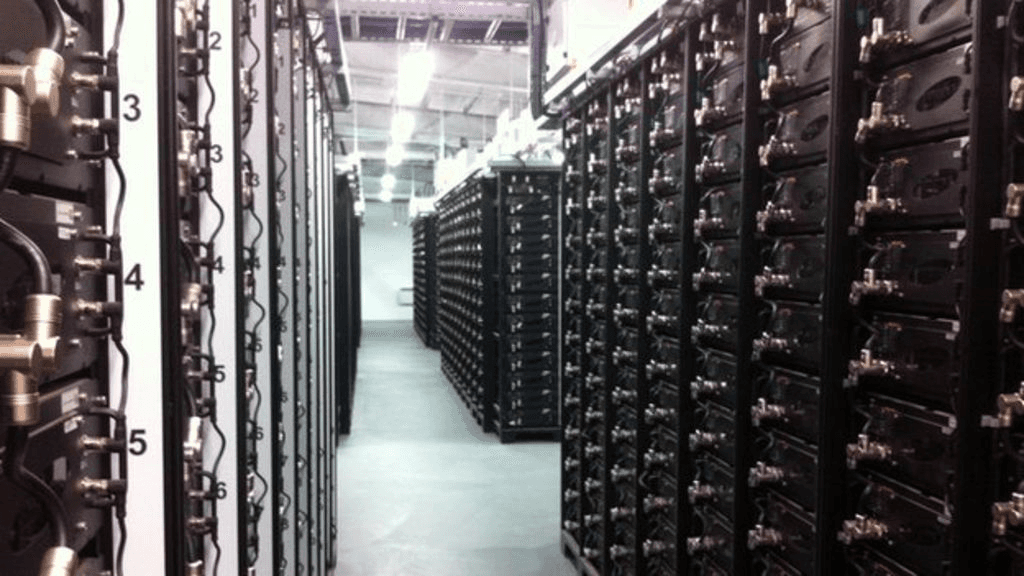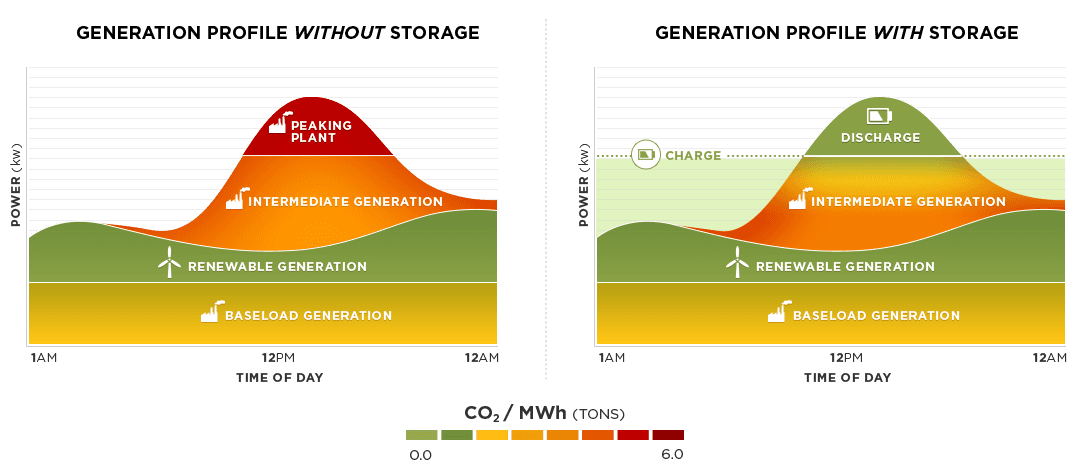What Is The Future Of Energy Storage Technology?
- By Solomon Smith
- •
- 18 Jun, 2016
- •
UK energy storage may still be in the infancy stage, but there are frameworks aimed at making this industry viable for investors.
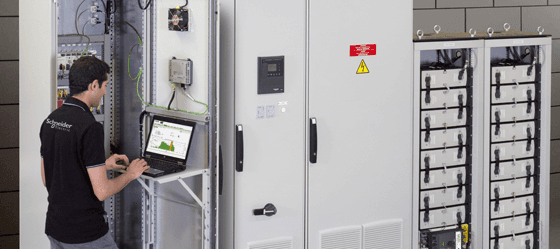
This year’s UK Energy Storage Conference will take place between 30 November and 2 December. Last year, the conference covered a range of issues concerning the industry including thermal energy storage, grid-scale energy storage, energy storage for transport and power to gas. What will they be discussing this year? We can only wait and see. In the meantime, a few tell tale signs can tell about what to expect from the energy storage technology in the future.
What We Have Now

Energy storage in the UK is a centuries old dating back to gas reservoirs and coal stockpiles. Many years of development in material science and other technologies have brought the industry to the point where there are numerous energy storage options. Some of the technologies you can find in the market today include:
With the government setting a target of 80% in greenhouse gases by 2050, these and other storage technologies will without doubt, take centre stage in coming years. However, how will stakeholders be involved as we look into the future?
- Hot water storage
- Fossil fuel storage
- Electrical storage heaters
- Pumped hydro storage (PHS)
With the government setting a target of 80% in greenhouse gases by 2050, these and other storage technologies will without doubt, take centre stage in coming years. However, how will stakeholders be involved as we look into the future?
Investors
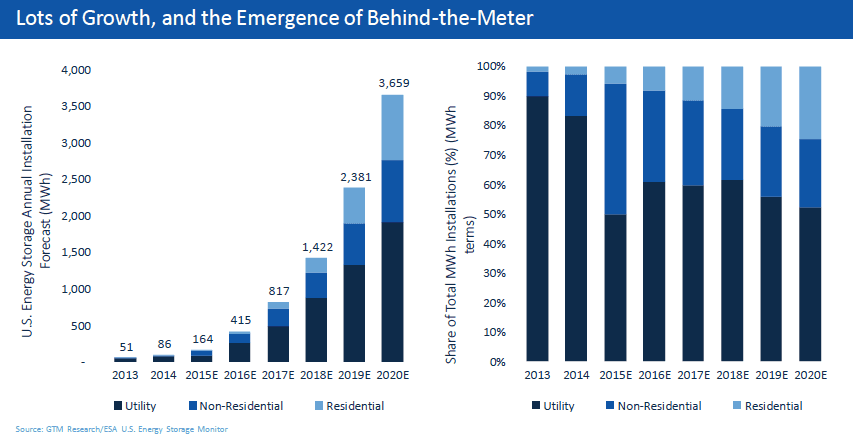
UK energy storage may still be in the infancy stage, but there are frameworks aimed at making this industry viable for investors. One of the most popular initiatives in this regard is the Enhanced Frequency Response (EFR) market mechanism. Investors must be smiling as they watch the cost of the lithium-ion technology fall. Investing in energy storage is now more viable, at least in this sector.
Government
There is no arguing that market barriers are partly to blame for the slow uptake of energy storage in the UK. That is set to change for the better considering the findings of a Carbon Trust study-savings from adoption of energy storage systems can be as high as £2.4bn annually. The expectation is that the government will take cue from this and increase its efforts towards achieving decarbonisation goals. It recently unveiled a proposal for reforms in the subsidy plan for capacity market, which is a good start.
Users
Events such as the just ended Clean Energy Summit are the perfect way to join the conversation for users. This is especially important for residential and commercial solar users, given the regulatory and policy obstacles still bedevilling the industry. Research has proven that solar installations add resale value to a property, but such positives will come to nil if issues such as the Minimum Import Price remain unsolved.
Final Take
Looking
at all the angles of this matter, it is apparent that the buck stops with the
government. Strong policy and framework on energy storage is currently
non-existent, the implication of which is honest hesitation from some
investors. The EFR and the recent proposal are laudable, but the government
needs to show more commitment. Otherwise, the market is bubbling with
eagerness, waiting for the right moment.
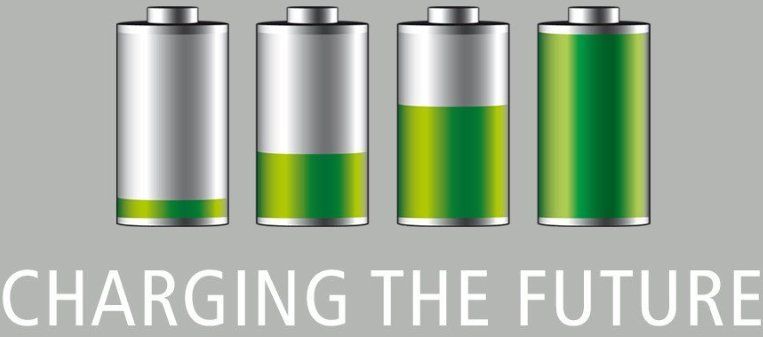
Part of the reason this talk is reverberating is because solar on-grid systems can sometimes cause heartache. When a power outage occurs, you cannot use power from your solar system. If this happens during the day, the system is certainly producing power that goes to waste. Your home solar system does not have to lose all its functionality whenever the grid is down. Consider using a solar on-grid system with battery backup and enjoy the following benefits.

Enthusiasts were jubilant for the 24 hours that this momentous event lasted. Many are probably still in that mood. As the dust settles, the question many people are asking is whether solar has finally found a resting place in the UK. Is the future clear enough for property owners and stakeholders in the industry to hold steady? Here is why I think the idea of a solar-powered UK is still feasible.

Fortunately, the future of solar energy looks bright in the Land of Hope and Glory. More efficiency and innovation are the major hallmarks the English market is enjoying. A case in point is the plan by First Solar to attain efficiency of 19.5% in the next year for Cadmium Telluride (CdTe) cells. In recent months, solar PV has enjoyed increases in both generation and capacity. There is no doubt that solar installations are attractive to both residential and commercial installations. Are you ready to change with the tide and take control of your energy costs? Here is why you should go solar to achieve this goal.

